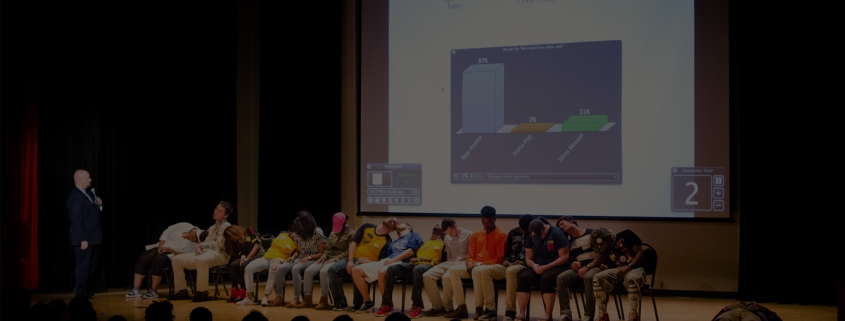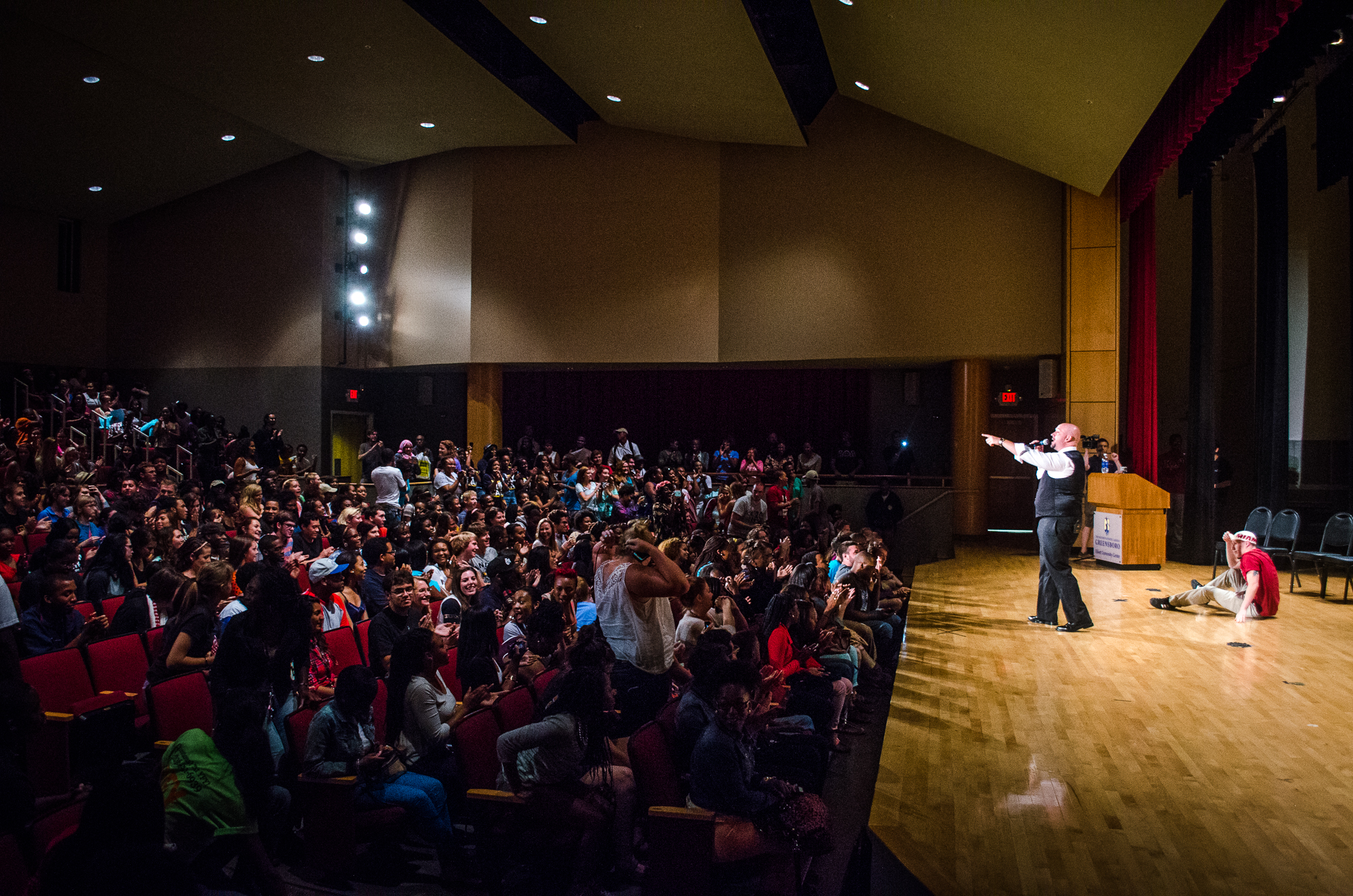Stage Hypnosis is Being Forced to Evolve. Embrace It.
"In times of rapid change, experience could be your worst enemy."
-J. Paul Getty
Human beings love certainty. Our need for certainty is encoded within us. It's a survival instinct. The more we stick with what we know, what consistently works, the more likely we are to survive. Unfortunately, no survival instinct is perfect for all situations in which there is a threat.
The pandemic wiped out my stage hypnosis career, and the career of every live entertainer, in what felt like the blink of an eye. Dates for March cancelled, then April, and May, and by the time we got to June some performance centers were announcing they would not have live events for the remainder of the calendar year. Can our careers resume at some point? Certainly, but it's not clear when that will be.
I've been checking in with other stage hypnotists in Zoom meetings, Facebook groups, and via email. There are an alarming number of them who voiced the perspective that everything will get back to normal at some point, and that we just need to wait it out. In one online meeting I attended, a seasoned stage hypnotist said, "People want what they want. They'll only put up with this lockdown stuff for so long, and they're going to want to go out to eat, and they're going to want to catch a show. We'll be working again before the end of the year."
I see some truth in that statement; human beings often place their own emotional comforts ahead of rational decision making. Memorial Weekend saw cabin fever catch up with many Americans. Reports of large group gatherings flooded in, and while the internet reacted with much hoopla, there has not been a measurable uptick in corona virus cases after that big potential spreading weekend. Perhaps it will signal to government administrations, businesses, and citizens that we can begin moving back to normal sooner than we thought. Probably not, though.
What's more likely, given the risk assessment and liability issues that businesses will face, is a phased return to group events that will last the rest of the calendar year and possibly into 2021. Distancing protocols are being developed across the globe for sporting events, theaters, and shopping centers, and policies are being put in place that give us a way to read the tea leaves right now: stage hypnosis isn't going to make a full return at any point in 2020.
Yes, some gigs are going to come back this year, but even those will have limitations placed on them. Colleges, for example, are re-opening in the fall, but many are not booking group entertainment for the rest of this calendar year. Will New Year's day usher in a magical "back to normal" deadline? No way.
When venues do start allowing stage hypnosis shows to happen again, there are going to be new rules for how they function. Those rules will be different from venue to venue, as operators have the right to set their own policies. What will the potential themes be across these venues?
- Attendees may be required to wear masks.
- Seating may be reduced so that attendees can be spaced out from each other.
- Performers may be prohibited from touching audience members.
And there may be other measures. The key is that things have changed so quickly, in such pervasive ways in our society, making it difficult to believe that we can really go back to normal.
How will these changes have a ripple effect that could actually change the way that stage hypnosis works?
For example, if venues institute a common practice of requiring the audience members to wear masks, that won't have a big impact on musical acts or comedians, but for stage hypnotists, who source their volunteers from the audience, it will have a direct impact on how we create performance scenarios on stage. Stage hypnotists often plan out hypnotics suggestions that, when fulfilled on stage, elicit a variety of emotional responses from the volunteers. Sometimes, it is the facial expression of the volunteer in the moment that gets the biggest laugh from the audience. Masks will render such bits ineffective.
Stage hypnotists also do whole group scenarios in which volunteers on stage might dance with each other or come into physical contact with each other for some functional reason. What if doing so, from now on, means that the stage hypnotist is liable for any exposure to the virus that occurs from physical contact? We can go down the rabbit hole of what could be proven or not proven in court, but that's a different discussion; the point is to consider the possibility.
How will the dynamic of a stage hypnosis show shift when, instead of having ten to fifteen people sitting next to each other in a line of chairs, the volunteers are spread out all over the stage to honor distancing requirements? If you're a stage hypnotist, and you want to keep working in the profession, you would be well-served to give it some consideration, because a return-to-normal situation is highly unlikely. If a venue is going to hire a hypnotist for a show, there will be new questions that will be asked about how the artist is protecting people on stage and in the audience, and you don't have answers, you're not going to get the booking.






